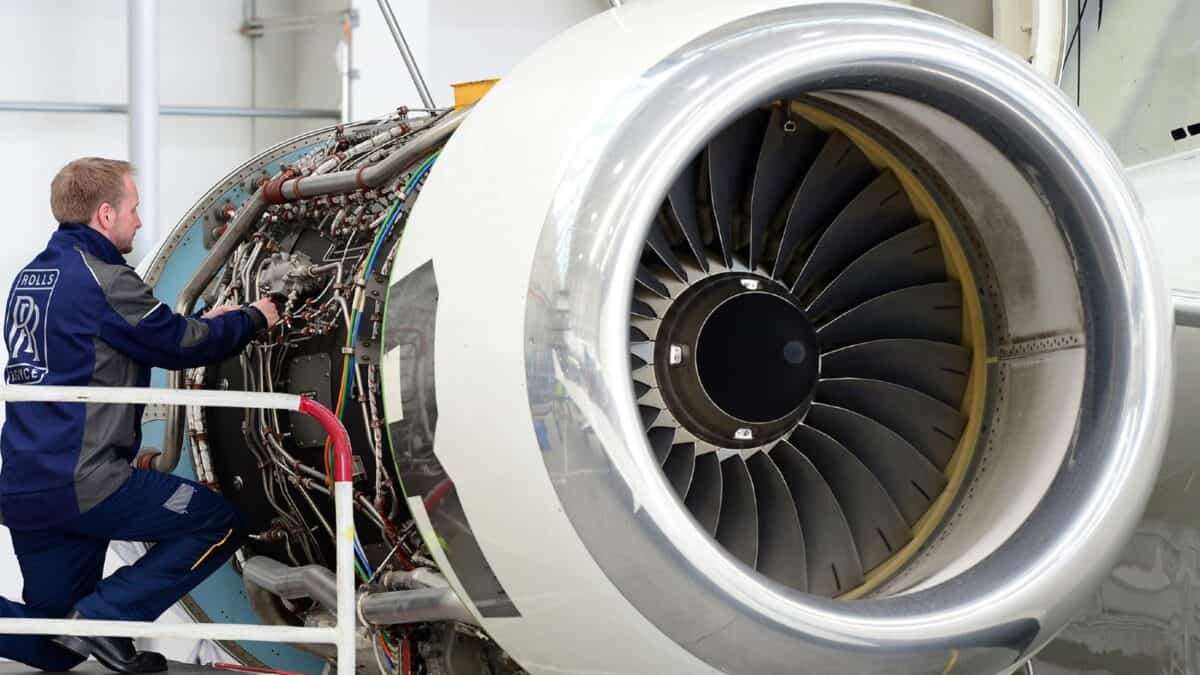Stay informed with free updates
Simply sign up to the UK employment myFT Digest — delivered directly to your inbox.
Wage growth accelerated at the end of last year, according to official data that economists said would reinforce the Bank of England’s gradual approach to cutting interest rates.
Average weekly earnings in the three months to December, excluding bonuses, were 5.9 per cent higher than a year earlier, and up from 5.6 per cent in the three months to November, the Office for National Statistics said on Tuesday.
The figure was in line with the expectations of economists polled by Reuters.
The acceleration in wage growth was stronger in the private sector, a key measure for the BoE, where average earnings, excluding bonuses, grew 6.2 per cent. Public sector wages grew by 4.7 per cent in the period.
The BoE forecast private sector wage growth of 6.3 per cent for the three-month period when it cut interest rates a quarter point to 4.5 per cent this month.
Ashley Webb, economist at Capital Economics, said the data “provides little evidence that the Bank will deviate from its current gradual approach to interest rate cuts”.
The upward pressure on wages comes as separate figures showed that payrolled employment fell by 14,000 between November and December and was 3,000 lower in the three months to December than in the previous quarter, the ONS said, citing HM Revenue & Customs data.
Early estimates for January showed payrolled employee numbers were up 21,000 from December.
The jobs figures are closely monitored to assess the impact of Rachel Reeves’ October Budget on the labour market. The chancellor increased employers’ national insurance contributions and raised the minimum wage.
The BoE cut interest rates on February 6, in its third reduction since the summer of 2024, and has said it would take a “careful” approach to future rate cuts.
The latest snapshot of the labour market comes ahead of the release on Wednesday of January inflation data. Economists expect the figures to show annual price growth accelerating to 2.8 per cent in January, up from 2.5 per cent in December.
Credit: Source link














